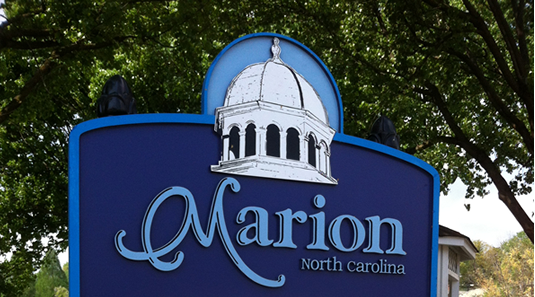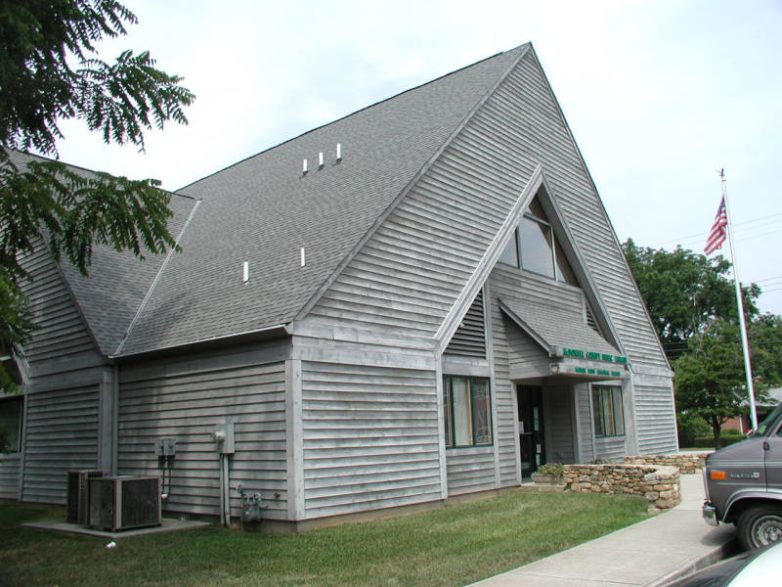McDowell County Sheriff’s Office investigators need your help identifying this individual and locating this vehicle. […]
Author: Press Release
Extra Federal Food Benefits Due to COVID-19 Will End in March
Los beneficios federales adicionales de alimentos debido a COVID-19 se terminarán en marzo In North […]
NCDHHS Announces Funds for Collegiate Recovery Programs to Support Students with Substance Use Disorders
The North Carolina Department of Health and Human Services has awarded more than $3.2 million […]
High schoolers learn hospitality skills
SPINDALE (Jan. 20, 2023) — Twenty-two students from East Rutherford High School learned the ins […]
Treasurer Folwell Delivers More Than Half-Million Dollars at NC Board of Education
Stock Proceeds and Dividends Associated with Old Insurance Policy Found in NCCash.com RALEIGH, NC State […]
Marion Motor Vehicle Crash Update
On Tuesday January 3, 2023 a motor vehicle collision occurred in the intersection of […]
Tory Shepherd Named CEO of Rutherford Regional Health System
November 23, 2022 Rutherford Regional Health System (RRHS), a Duke LifePoint hospital, has named Tory […]
Community: MISSING JUVENILE: Abagail Cantrell
The Rutherford County Sheriff’s Office is requesting the public’s assistance in locating a missing juvenile: […]
State Historic Preservation Office Begins McDowell County Comprehensive Architectural Survey with Grant Funds from National Park Service
RALEIGH Nov 16, 2022 McDowell County has been chosen as the subject of a comprehensive […]
Progress Continues on Effort to Revise NC School Grading Model
Raleigh, NC Nov 7, 2022 Progress continues for the advisory group of school leaders who […]









